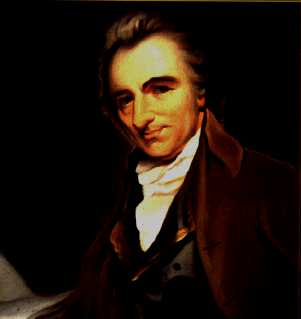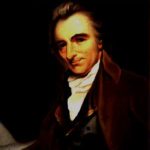Sylvia Cassedy (born Brooklyn, New York, 1930; died Manhasset, New York, April 6, 1989) wrote books for children. Her books include Behind the Attic Wall, Lucie Babbage’s House, and M. E. and Morton.
Christopher Collier (born New York, New York, 1930; died March 6, 2020) was a historian and writer of children’s books. He and his brother James wrote My Brother Sam Is Dead. The book was a 1975 Newbery Honor Award winner.
Anton Pavlovich Chekhov (born Taganrog, Russia, 1860; died Badenweiler, Germany, July 15, 1904) was a playwright and a writer of short stories. Two of his plays are The Sea Gull and The Cherry Orchard. Children can read his works at: Project Gutenberg.
Christina Koch (born Grand Rapids, Michigan, 1979) is an astronaut and an engineer. She participated in the first all-woman space walk on October 18, 2019, when she and Jessica Meir repaired a broken power controller, a seven-hour mission, on the International Space Station. The two followed with two more space walks, one on January 15, 2020, and another on January 20, 2020. She also holds the record for most days in space (328 days) for a woman, surpassing the record of Peggy Whitson. Children can learn more at: Christina Koch.
William McKinley (born Niles, Ohio, 1843; died Buffalo, New York, September 14, 1901) was the twenty-fifth president (1897-1901) of the United States. He enlisted as a private in the Civil War. When the war ended, he was 22 years old and a major. One of the planks of his presidential platform was that every person should have a “full dinner pail.” He was shot by anarchist Leon Czolgosz; McKinley died two weeks later. Children could visit a website at: William McKinley.
Thomas Paine (born Thetford, England, 1737; died New York, New York, June 8, 1809) was a patriot and an author. His Common Sense influenced people’s opinions regarding their right to freedom. Many experts believe it was a major catalyst for the American Revolution. Children can read his works at: Project Gutenberg. Older children could read The Elementary Common Sense of Thomas Paine by Mark Wilensky.
Bill Peet (born Grandview, Indiana, 1915; died Studio City, California, May 11, 2002) was an author and illustrator for Disney Studios. He was one of the directors for Disney’s Sleeping Beauty, released January 28, 1959. He was also the author of over 30 children’s books, including Farewell to Shady Glade. He received a 1990 Caldecott Honor Award for Bill Peet: An Autobiography. Children could visit a website, particularly the unfinished stories portion, at: http://www.billpeet.net/. Students could learn more at: Bill Peet.
Rosemary Wells (born New York, New York, 1943) is a children’s author. One of her books is Noisy Nora. She has also written the Max and Ruby series and the McDuff series. Children can visit her site filled with activities at: Rosemary Wells.

